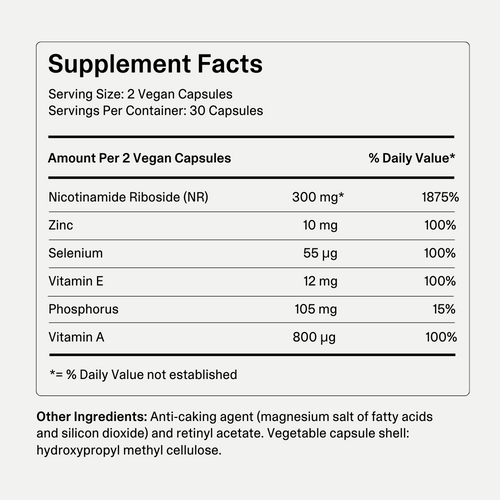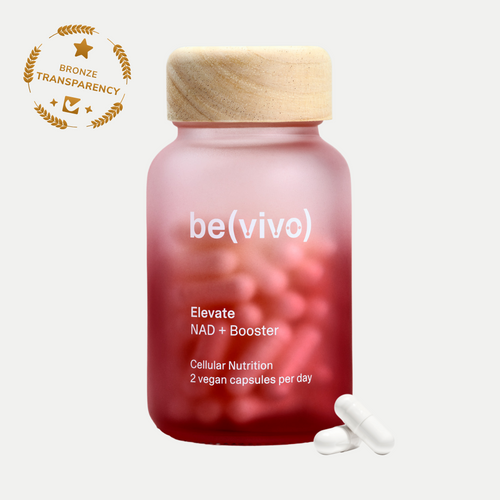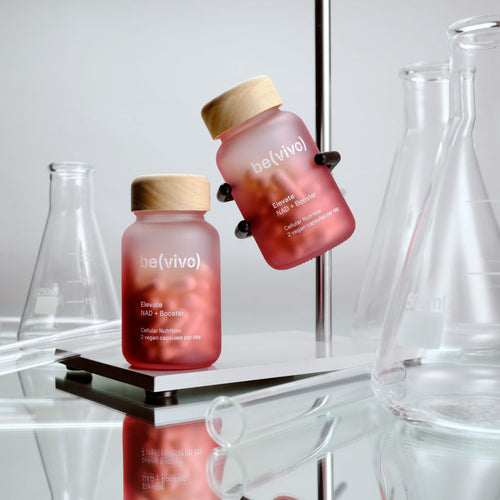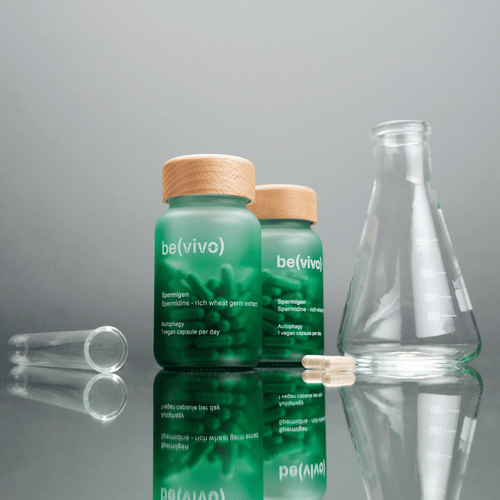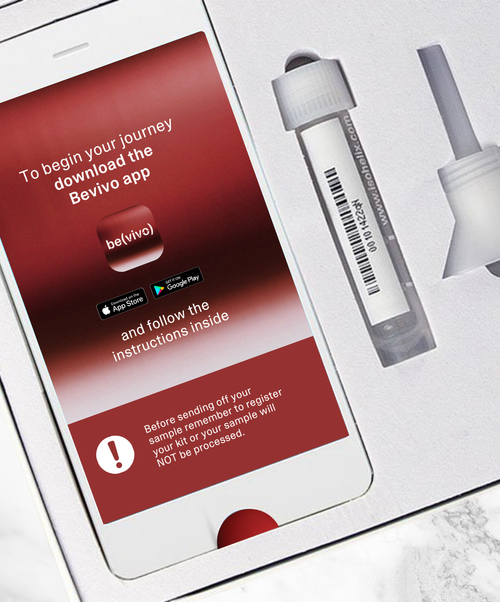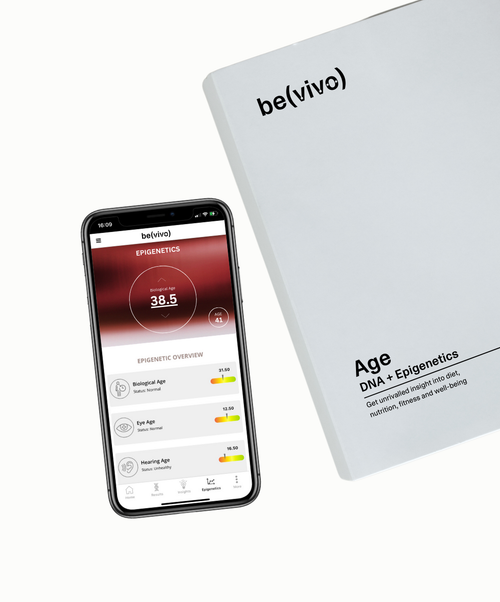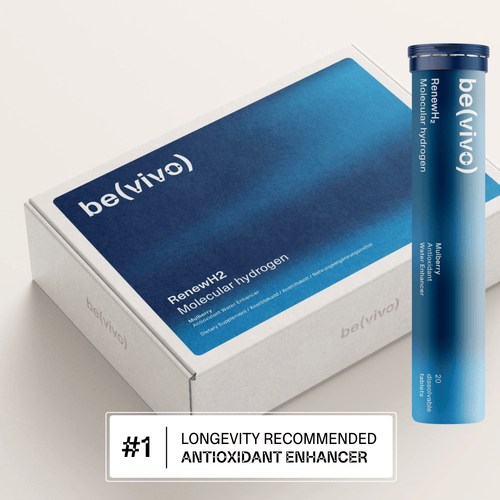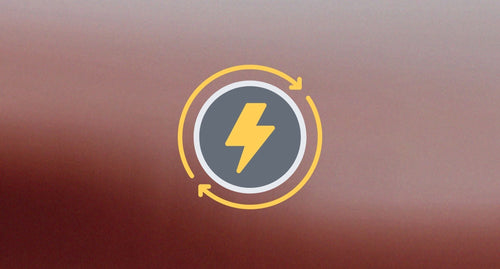Is intermittent fasting recommended for women over 50?
Is intermittent fasting advisable for women over 50, considering the hormonal changes that occur during menopause?
Key takeaways:
- Intermittent fasting offers a host of perks for women over 50, like shedding pounds, warding off potential chronic illness, and boosting longevity.
- However, it's not all sunshine and rainbows; there are potential downsides, such as nausea, fatigue, headaches. dizziness, nutrient deficiencies, and hormone swings with extended fasting periods.
- For a more flexible approach, a time-restricted eating window is ideal, especially when you focus on consuming more food earlier in the day.
Intermittent fasting has become a go-to eating strategy for women over 50 looking to tackle menopause weight gain and boost their overall health. But does it really work? And more importantly, is it safe?
Dive into this article to uncover the ins, outs, and subtleties of intermittent fasting for women over 50. You'll also discover additional ways to maintain health and vitality during this exciting stage of life.
What is it really?
Intermittent fasting is a trendy eating pattern that switches between times of eating and not eating.
For women over 50, who face higher health risks, intermittent fasting offers some impressive research-backed benefits. Menopausal ladies often find themselves battling weight gain, insulin resistance, and other pesky problems like high blood pressure, which can up the chances of chronic diseases.
The most popular style is time-restricted fasting, where you fast for a set number of hours each day and eat during the remaining hours. Usually, the fasting hours coincide with sleep and can vary, such as 12:12, 14:10, or 16:8.

Other fasting methods include the 5:2 diet, where you eat normally for 5 days and limit yourself to 500 calories for 2 days. Another option is alternate-day fasting, where you eat normally one day and cut down to 500 calories the next.
The benefits of a intermittent fasting
The benefits of intermittent fasting have been extensively researched in both men and women. Here are some of the potential perks for women:
- Weight loss and decreased belly fat: Intermittent fasting can help shed those extra pounds and trim the waistline.
- Lower blood pressure: Fasting may contribute to healthier blood pressure levels.
- Enhanced insulin sensitivity: Particularly beneficial for those with prediabetes or type 2 diabetes, improving the body's response to insulin.
- Reduced cholesterol and triglycerides: Fasting can lead to better lipid profiles.
- Less oxidative stress: This helps slow down the aging process.
- Better mitochondrial function: This is crucial for those with metabolic conditions like type 2 diabetes and obesity, as it improves the performance of the cell's energy centers.
- Cellular repair (autophagy): Research indicates that fasting promotes autophagy, a process essential for health and longevity.

Potential health risks
Though intermittent fasting offers various benefits, it also comes with potential risks. The impact of fasting can vary based on factors like age, sex, and medical history. Some of the possible risks and side effects include:
- Nausea
- Dizziness
- Headache
- Fatigue
- Irritability and hunger
- Low blood sugar
These side effects are more common during the first month as the body adapts to the new eating pattern.
Additionally, there are more serious concerns to be aware of:
- Nutrient deficiencies
- Hormonal imbalances
- Potential loss of bone density
Is it safe with this kind of fasting for woman over 50 years?
Generally, yes, intermittent fasting is safe for most women over 50. However, individual responses to fasting can vary, and there are some key factors to keep in mind when considering intermittent fasting for women in this age group.
Your hormones
Many menopausal women worry that fasting might further disrupt their already declining hormone levels. However, research suggests that intermittent fasting does not significantly affect most sex hormones, including estrogen, progesterone, and testosterone.
One hormone, DHEA, has been shown to decrease with fasting in some studies. Nevertheless, the reduction was minor, did not lead to negative side effects, and remained within the normal range for postmenopausal women.
Thyroid function
Some human studies indicate that fasting for 24-48 hours or more can lead to a decrease in thyroid hormone levels. Therefore, a less intense fasting approach, such as time-restricted eating, is recommended to avoid extended fasting periods.
If you have concerns about your thyroid health or already have a thyroid condition, consult your doctor before starting any fasting regimen.
Bone health after menopause
Bone loss is a common issue during menopause, often linked to declining estrogen levels. However, most studies indicate that intermittent fasting does not seem to exacerbate this problem.
In fact, it's more severe calorie restriction or inactivity, particularly the absence of resistance training, that is more closely associated with bone loss in postmenopausal women.
Ensuring an adequate intake of bone-supporting nutrients such as protein, calcium, and vitamin D can help mitigate any potential negative impacts on bone density.
Longevity and autophagy
One of the coolest perks of fasting is its power to kick-start autophagy and boost longevity. Think of autophagy as your body's ultimate recycling program. When it’s in high gear, your body sweeps out old, damaged cells and replaces them with fresh, high-functioning ones. The end game? Healthier, more vibrant aging!

Let's sum it up
Intermittent fasting offers numerous benefits for women over 50, such as weight loss and a reduction in chronic disease. However, it's not the right fit for everyone.
If fasting isn't your cup of tea, don't worry! There are many other effective ways to support healthy aging as you approach menopause and beyond. Prioritize regular physical activity, maintain a nutritious diet, and consider quality supplements like Bevivo Elevate that support healthy aging.
Remember, your journey to vibrant health and longevity is uniquely yours, and there are plenty of paths to take. Keep moving forward and embrace the healthiest version of yourself!





